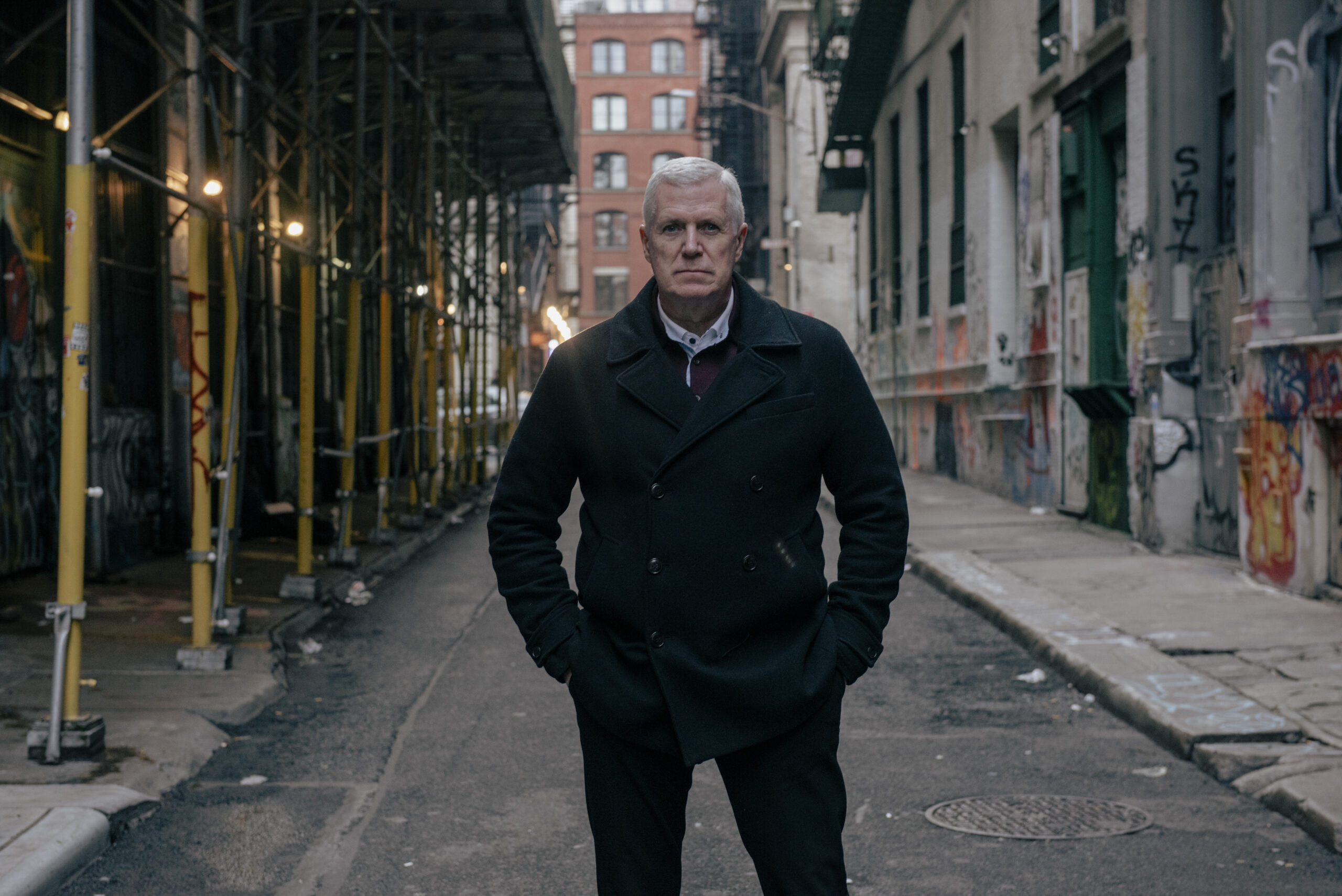In the last week since an international police operation began arresting suspects, the mainstream press has had a field day – yet the cannapress has largely stayed quiet. Why? For the last week, the international news media has had a field day reporting on the Juicy Fields case – in most cases for the first time. In marked contrast, however, the cannapress, with one notable exception in Europe anyway, has stayed remarkably silent. This is far from surprising. Generally, the cannabis media is not investigative, curious, and generally reliant on sponsors who do not want investors, or anyone else, to…



